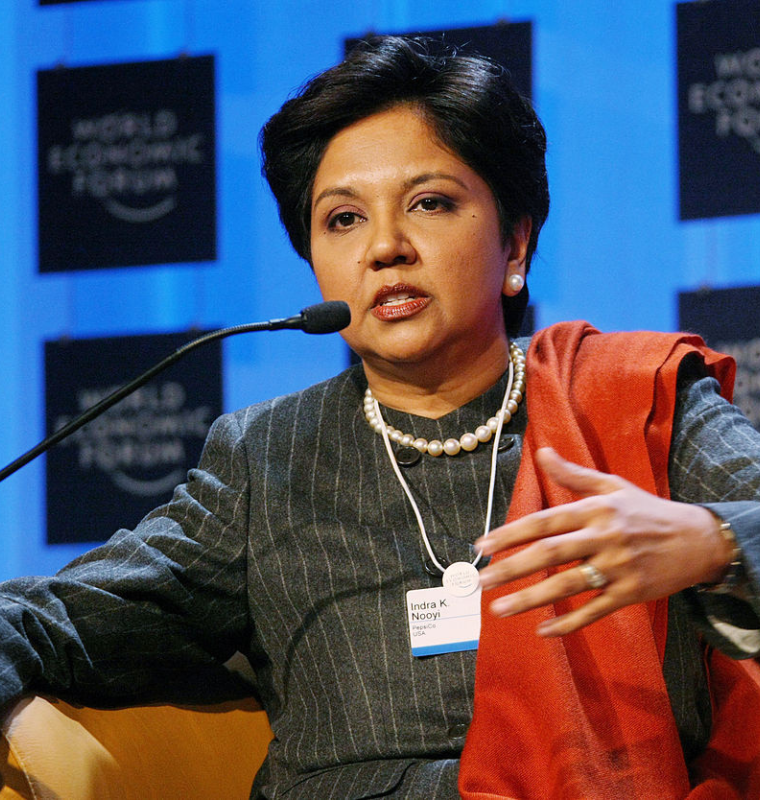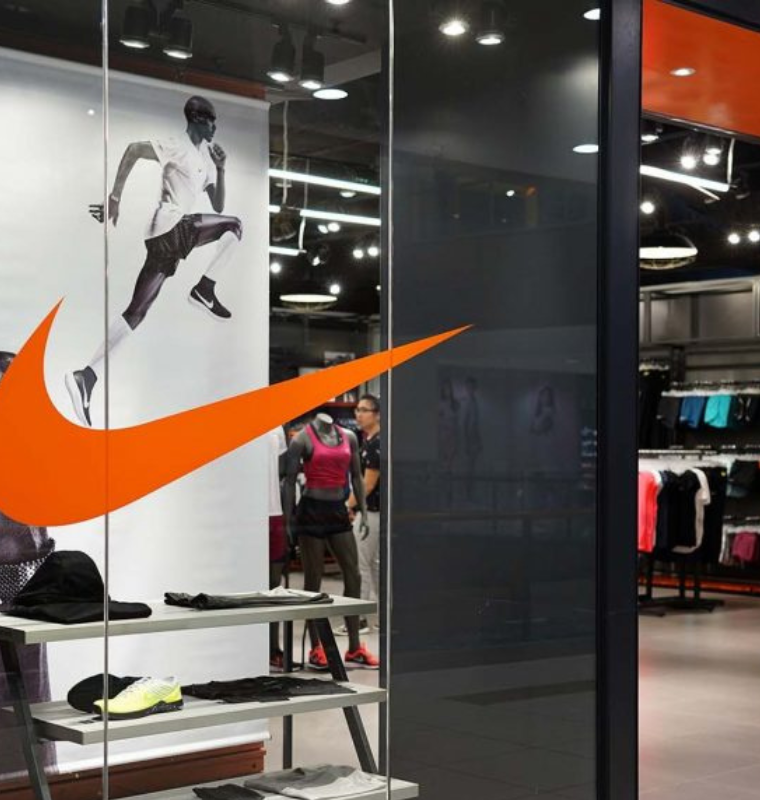Pop Mart Shares Sink as Chinese Regulators Target Blind Box Craze; Morgan Stanley Pulls Back
Pop Mart Shares Sink as Chinese Regulators Target Blind Box Craze; Morgan Stanley Pulls Back
By
Calder Monroe
Last updated:
June 20, 2025
First Published:
August 3, 2025

Photo: MSN
Pop Mart’s Soaring Stock Faces Reality Check Amid Regulatory Pressure
After months of meteoric gains, shares of Chinese toy sensation Pop Mart have sharply reversed course. The Hong Kong-listed stock plunged over 5% on Friday, following a 5.3% drop the previous day, marking its first losing week since early May. Over the course of the week, Pop Mart’s market value has fallen by more than 13%, despite still boasting a staggering 160% gain year-to-date.
The rapid selloff came on the heels of two key developments: mounting regulatory scrutiny from Chinese authorities, and Morgan Stanley’s decision to remove Pop Mart from its China and Hong Kong focus list.
State Media Slams Blind Box Trend, Fuels Regulatory Concerns
Pop Mart pioneered China’s wildly popular “blind box” trend, where consumers purchase mystery boxes containing collectible toys, often spending between $5 to $10 per box in pursuit of rare figurines. The company’s marketing targets both children and increasingly adult collectors, fueling a booming secondary market.
However, Chinese state media — specifically the Communist Party’s People’s Daily — published an article Friday calling for stricter regulation of blind box sales, especially to young consumers. While the article didn’t name Pop Mart directly, its critique of children spending heavily on collectible cards and toys cast a shadow over the entire sector.
The criticism comes as Beijing intensifies its broader crackdown on industries that encourage speculative consumer behavior or financial risk among youth. Regulatory authorities have recently stepped up scrutiny of blind box marketing tactics, with growing concerns over addiction-like purchasing patterns among minors.
Counterfeit Labubu Products Add Fuel to the Fire
Adding to the challenges, China’s customs agency has repeatedly reported intercepting shipments of counterfeit Pop Mart merchandise, particularly knockoff versions of its breakout hit: the “Labubu” series. The elf-like character has become a global cultural phenomenon, attracting massive demand both inside and outside China.
In one extreme example earlier this month, a 4-foot Labubu figure fetched $170,000 at a Beijing auction, highlighting the feverish collector interest. More affordable versions frequently sell out in minutes across the company’s sales channels.
Despite the booming demand, enforcement struggles against counterfeit products underscore the regulatory vulnerabilities faced by Pop Mart, as copycats attempt to capitalize on the brand’s meteoric rise.
Morgan Stanley Downgrades on Valuation, Growth Uncertainty
In a notable move, Morgan Stanley downgraded Pop Mart on Wednesday, swapping it out for insurance firm PICC P&C in its China/Hong Kong investment focus list. While Morgan Stanley had previously raised its price target to 302 HKD ($38.47) just days earlier on expectations of long-term growth, its latest note signaled increasing caution.
“We believe the market has fully priced in Pop Mart’s rapid expansion through 2025 but holds limited confidence on its sustained long-term growth trajectory,” wrote analyst Dustin Wei. “Given its elevated valuation, we do not foresee this level of outperformance continuing over the next few quarters.”
Pop Mart shares reached a record intraday high of 283.40 HKD on June 12, just days before the selloff began.
International Expansion Continues Despite Domestic Turbulence
While facing mounting regulatory challenges at home, Pop Mart continues to aggressively expand abroad. The Beijing-based toy company has rapidly grown its international footprint through online platforms and physical stores in the U.S., U.K., and other global markets.
International demand has exploded. Pop Mart’s overseas sales have already surpassed its entire global revenue from 2021. In 2021, the company reported total sales of 4.49 billion yuan ($624.6 million), primarily from China. By 2024, overseas sales alone surged to 5.1 billion yuan, representing a staggering 373% year-over-year increase, while domestic sales climbed to 7.97 billion yuan.
The Rise of “Adult Collectibles” Fuels the Craze
Pop Mart’s success also reflects a larger consumer trend in China: the rise of adult collectibles. Industry analysts note that toys once marketed exclusively for children are increasingly appealing to adults in search of nostalgia, novelty, and social status.
“We’ve seen similar viral trends before, whether it was capybara plushies or other collectible fads,” said Jacob Cooke, CEO of WPIC Marketing + Technologies, a firm that helps global brands sell in Asia. “Pop Mart has certainly capitalized on this emerging demand for designer toys among adults.”
Retailers like Miniso, which also sells collectible stuffed animals, have observed similar dynamics, illustrating that the adult toy collector market is becoming a significant revenue stream across multiple brands.
A Critical Inflection Point for Pop Mart
Pop Mart now finds itself at a crossroads. On one hand, its record-breaking sales and expanding international presence demonstrate enormous market appetite. On the other hand, tightening regulatory scrutiny, valuation concerns, and counterfeit threats cast growing uncertainty over its long-term prospects.
As policymakers intensify their focus on youth spending habits and speculative consumer behavior, Pop Mart and other blind box companies may face stricter guidelines on marketing practices, pricing structures, and sales disclosures.
For now, investors remain wary, even as collectors worldwide continue to clamor for the next limited-edition Labubu.
Popular articles
Subscribe to unlock premium content
Indra Nooyi’s Strategic Vision at PepsiCo: Balancing Profitability with Purpose

Nike’s Direct-to-Consumer Revolution: How Cutting Retailers Boosted Profits and Control

Spotifys Playlist Power Turning Music Curation Into An Advertising Goldmine

Indra Nooyi’s Strategic Vision at PepsiCo: Balancing Profitability with Purpose

Nike’s Direct-to-Consumer Revolution: How Cutting Retailers Boosted Profits and Control

Indra Nooyi’s Strategic Vision at PepsiCo: Balancing Profitability with Purpose









